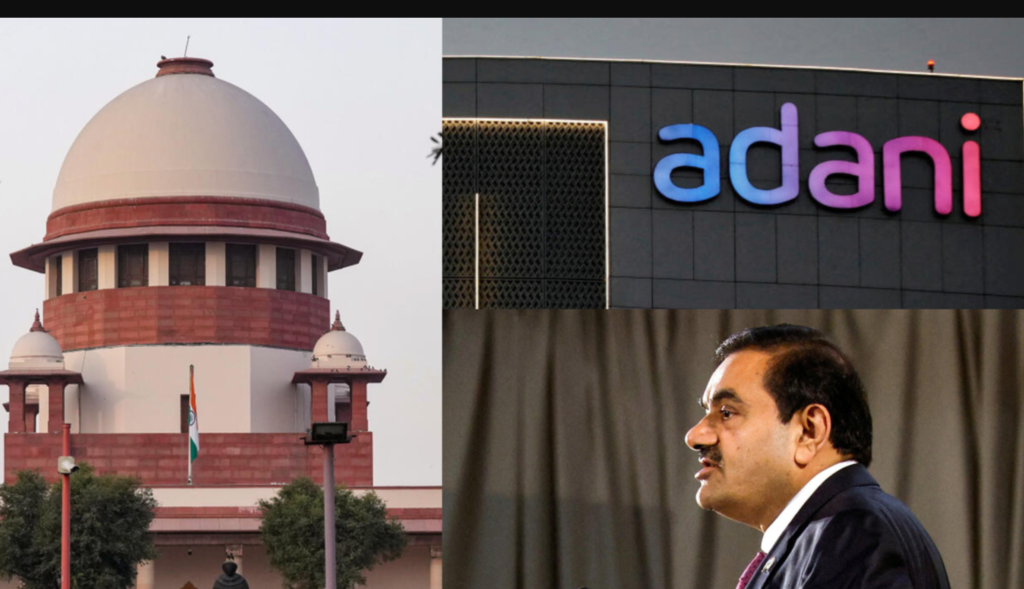Gautam Adani is an Indian billionaire industrialist and the chairman of Adani Group, a conglomerate with interests in ports, logistics, agribusiness, power generation, and renewable energy, among other sectors. Recently, there have been concerns raised about Adani’s alleged links to the Myanmar military regime, as well as his environmental track record.
In November 2021, the Hindenburg Research, a US-based investment research firm, released a report alleging that the Adani Group had engaged in accounting irregularities, inflated its profits, and engaged in related-party transactions. The report also raised concerns about the Adani Group’s environmental impact and its business practices in Australia.
Following the release of the report, Adani Group denied the allegations, calling them “blatantly erroneous” and “malicious.” The company also announced that it would initiate legal action against Hindenburg Research for publishing “unsubstantiated allegations” that were intended to manipulate the company’s stock price.
The Hindenburg report had a significant impact on Adani Group’s stock price, causing it to plummet in value in the days following its release. However, the company’s stock price has since recovered, and it remains to be seen what the long-term impact of the Hindenburg report will be on the Adani Group’s reputation and financial performance.
Today Supreme Court announced its Verdict on Adani-Hindenburg Case in New Delhi. The highest judicial authority of the country the Supreme Court appointed the SEBI committed to investigate the case, and allegations against Gautam Adani by Hindenburg. The committee is led by retired SC Judge AM Sapre. The appointed committee include OP Bhatt (Former SBI Chairman), KV Kamath (Chairman NABFID), Nandan Nilekani (Infosys Chairman), Somsekhar Sundersan (Senior Lawyer), and Justice JP Devadhar (Former Bombay High Court Judge).
The adani Case Judgement panel led by the Chief Justice of India D.Y. Chandrachud in New Delhi on Thursday. He refused to accept the government suggestion sealed cover. Chief Justice Chandrachud had addressed Solicitor General Tushar Mehta, who appear form the government side” We rather not accept the sealed-cover suggestions from you [government]. If we accept your suggestions in a sealed cover, the other side [petitioners] will not be able to see them. We want to maintain full transparency”. He also added “There may be an impression created that this is a government-appointed committee which the Supreme Court has accepted even if we have not accepted your suggestions. We want to maintain the fullest transparency in the interest of protecting investors… We will appoint a committee of our own,”

